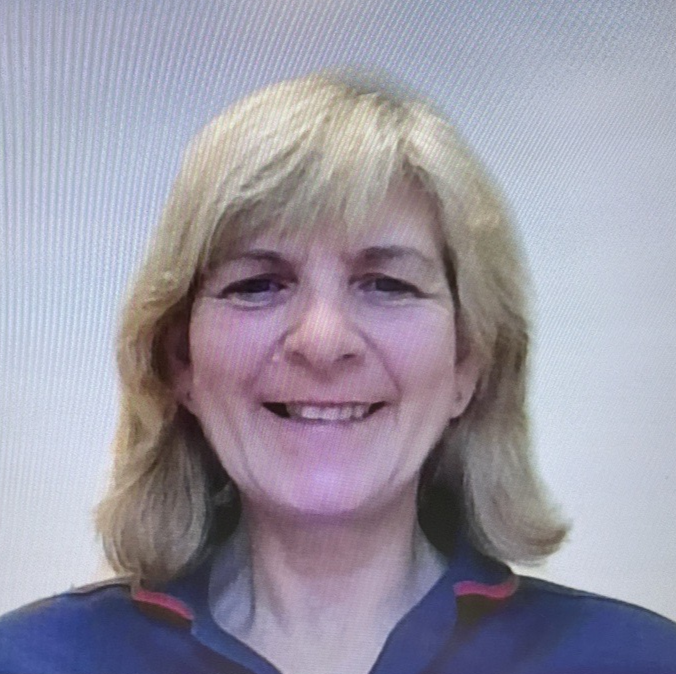
My team helps avoid unnecessary admission to hospital and supports people to remain at home - column by Allison Cooke
Posted on: 31st October 2023
This month, I have the pleasure of talking to you about the unique service I work in at LCHS.
It’s a behind the scenes service called the Assertive In-Reach service (AIR) and there’s one in Boston, Lincoln and Grantham.
The service is a key link between acute hospitals and community services to avoid unnecessary admission to hospital and to support patients to remain in their own home or their usual place of residence with support from organisations.
The AIR teams are integrated with the urgent treatment centres (UTCs) at Boston, Grantham and Lincoln, because patients are seen first in the UTCs and accident and emergency departments (A&E) and the service aims is to avoid unnecessary admissions to hospital.
The team assess some patients who are in accident and emergency departments (A&E), fracture clinics, discharge lounge and urgent treatment centres, with the aim to get the patient home the same day. The assessment of their individual needs can include linking in with other support services to ensure the patient can manage and is safe at home.
The team can also help solve issues with patients who may have complex needs, to enable them to remain at home with support or if further treatment or rehabilitation is required that can’t be met at home a short-term transfer to a bed in a care/nursing home or a community hospital bed may be arranged.
Support services include health and adult care services and voluntary services in the area the patient lives, so the team works closely with community partner organisations who see patients who are at risk of hospital admission, in their own homes. For example, adult care services.
The support services contact the AIR teams to discuss the patient's needs and if it is appropriate, through the teams working together to meet the patient’s needs, the patient could avoid going to hospital.
If this is not possible, then the team is aware of the impending hospital attendance and these patients can be followed up in A&E and if an admission is not required they can be safely discharged home or to their place of residence.
Here’s an example of what we do: a 98-year-old man went to A&E following a fall in his garden, which led to him injuring his arm. Prior to this, the man was independent at home with minimal help from a cleaner. His fall resulted in a broken left wrist. The man was seen by the AIR team and his home situation, support network and current abilities were assessed. It was agreed that the man could manage at home with some short-term care so a referral was made to the reablement service (a short term service in his home, to help him regain independence) for care support and the LCHS community therapy team were asked to check for any equipment he may benefit from at home to support his independence.
I hope this has given you an insight into the Assertive In-Reach service at LCHS and how valuable it is in keeping people well in their own homes.
